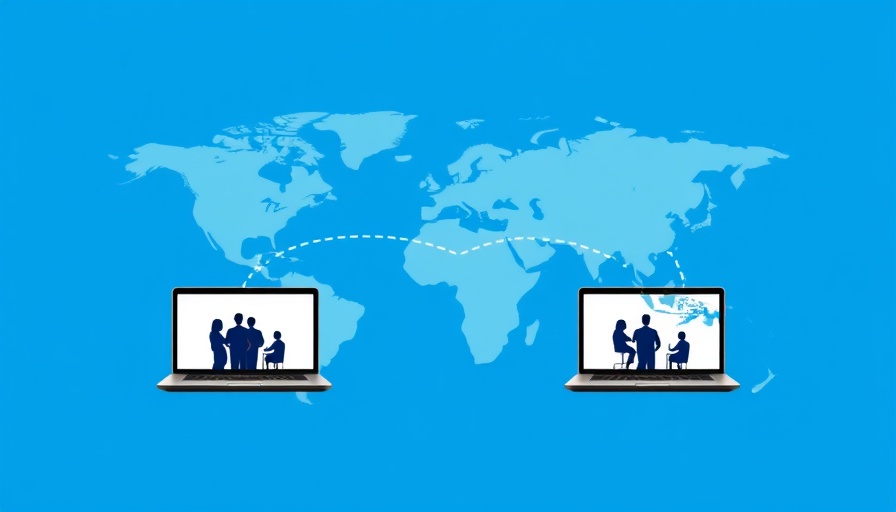
The Rise of Remote Work in Africa: A New Era of Opportunity
Remote work in Africa has picked up pace since the COVID-19 pandemic, enabling professionals across diverse fields to secure international gigs and earn a living for themselves. This shift spans various sectors – from tech, writing, consulting to data analysis, reflecting a new landscape for employment and income generation.
How Much Can African Remote Workers Earn?
Insight from various sources has shown that earnings can fluctuare significantly. According to Hubstaff’s freelancer report, African remote workers averaged about $22 per hour in 2020. However, actual earnings can vary based on skills and market demand. For instance, Bob, a 28-year-old freelance writer in Kenya, reports earning between $700–$1,000 monthly, considerably more than the local market wage of $230–$530 for similar roles.
In a similar vein, Christopher, a 26-year-old structural engineer in Nigeria, earns between $2,000 and $5,000 a month. He attributes this earning potential to serving international clients and juggling multiple roles. The gap between these figures and local salaries illustrates the income opportunities available in the remote job market for skilled individuals across Africa.
The Tools of Trade: Payment Systems and Technology
The digital transformation in Africa has also been vital in supporting this remote work trend. Payment gateways such as PayPal, Payoneer, and Chipper Cash facilitate real-time transactions for remote workers, enabling them to receive payments from clients worldwide seamlessly. This ease helps foster a more supportive environment for freelancers, removing previous barriers to international work.
Challenges That Remote Workers Face
However, it is not all smooth sailing. Many remote workers, like Bob and Christopher, encounter challenges including unreliable internet, power outages, and currency exchange issues. Additionally, the lack of local legal protection can be concerning when international clients delay payments or refuse to pay. These issues highlight the need for better infrastructure and support systems in the African digital economy.
What Lies Ahead: Future of Work in Africa
As more individuals—especially the youth—connect globally through remote work opportunities, there is a significant chance for economic growth and skill advancement across the continent. Innovations in AI, fintech, and blockchain will further redefine the workplace landscape in Africa. The push towards automation and smart technology integration will empower startups and established businesses alike, optimizing productivity and work-life balance.
In conclusion, as remote work continues to be embraced, especially in tech-savvy markets within Africa, it opens doors for future possibilities. It’s not merely a trend; it’s a robust transformation in the future of work across various sectors on the continent.
 Add Row
Add Row  Add
Add 


Write A Comment